|
With its three-and-a-half metre wingspan, the wandering albatross flies the equivalent of ten return journeys between the Earth and the Moon during its lifetime. These seabirds tend to gather where a tasty meal is likely – like off the bow of a fishing boat. But this puts them at risk of being accidentally caught and killed in nets and on hooks, especially on the high seas where monitoring is scarce. Bycatch kills hundreds of thousands of marine creatures every year, particularly on vessels that operate illegally in international waters. This is so difficult to police simply because of the vastness and remoteness of these regions.
Samantha Patrick had only intended to study how albatrosses interact with fishing vessels. But what she found could revolutionise how marine life is protected on the high seas. By attaching loggers to albatrosses that can detect the radars of fishing boats, Patrick and her colleagues uncovered the locations of numerous vessels that had been operating with these devices turned off – fishing undetected (and potentially illegally) on the high seas. In future illegal vessels could be monitored with seabirds wearing these devices, relaying any potential illegal activity to authorities in real time.
|
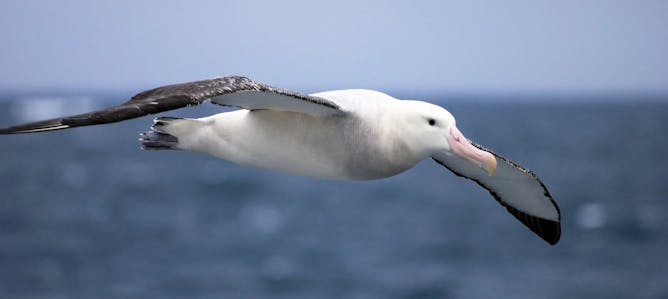
Reisegraf.ch/Shutterstock
Samantha Patrick, University of Liverpool
Scientists were struggling to keep track of illegal fishing in international waters and the seabirds it threatened. Then they had an idea.
|
Politics + Society
|

Luke Reader, Case Western Reserve University
People who support Brexit want different results from the UK's departure from the EU – and they can't all get what they want.
| |

Tony Walker, La Trobe University
Trump's "deal of the century" is not a realistic plan to resolve a decades-old conflict, but an invitation to Israel to expand its territory at Palestine's expense.
|
|
|
Health + Medicine
|
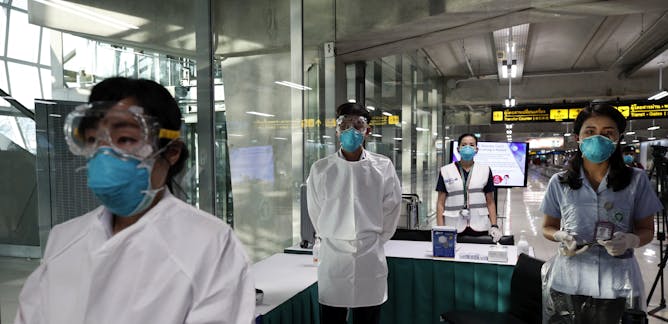
Ilan Noy, Te Herenga Waka—Victoria University of Wellington
The preliminary evidence suggests the Wuhan coronavirus is less deadly than SARS. But with social media, panic can now spread more rapidly and further.
| |

Javeed Sukhera, Western University
People seeking mental health care still encounter stigma, even within the health system. New tools for teaching and sharing information may help address it.
|
|
|
Science + Technology
|

Gregory Cohen, Western Sydney University
Two defunct satellites passed within metres of one another, prompting renewed focus on the dangers of space debris. But with many satellites treated as military secrets, how do we track the hazards?
| |
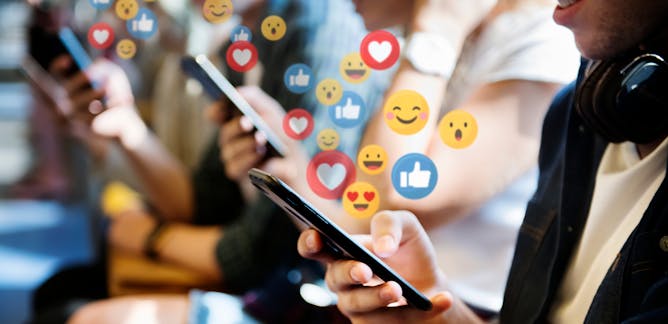
Raian Ali, Hamad Bin Khalifa University; John McAlaney, Bournemouth University
New research has identified the main triggers of this psychological phenomenon, the contexts in which it happens and the types of fears involved in it.
|
|
|
En español
|
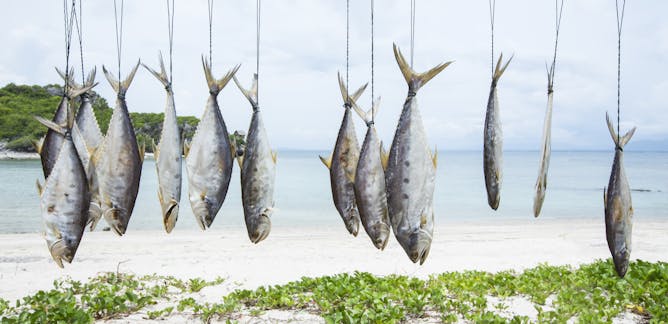
Myriam Catalá Rodríguez, Universidad Rey Juan Carlos
El consumo de carne está en el punto de mira por sus consecuencias para la salud y el medioambiente. ¿Sucede lo mismo con el pescado y el marisco?
| |

Manuela López Pérez, Universidad de Murcia
Facebook lleva varios años anunciando que incorporará publicidad a su aplicación de mensajería, pero siempre retrasa la decisión.
|
|
|
En Français
|
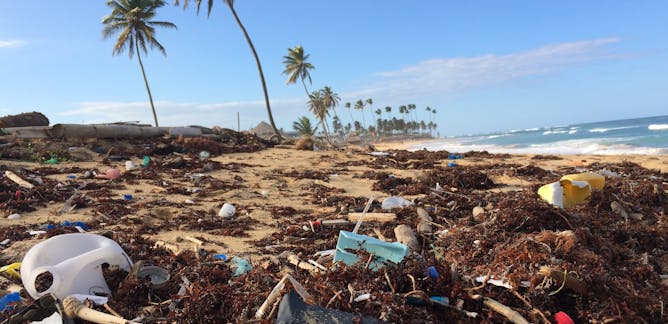
Pauline Salis, Sorbonne Université; Mathieu Reynaud, École pratique des hautes études (EPHE)
Les larves de poisson se nourrissent de plancton mais de plus en plus de plastiques de taille similaire sont présents dans les océans donc les chances de consommer du plastique augmentent.
| |
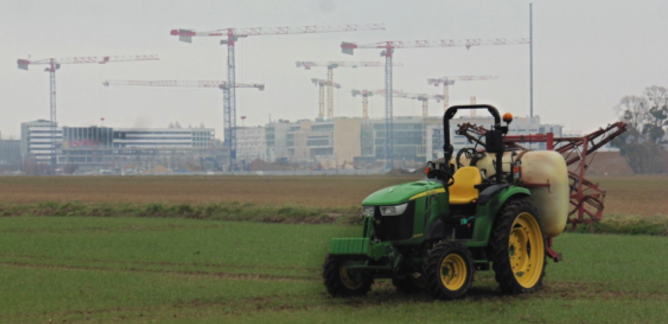
Florent Levavasseur, Inrae; Tristan Martin
Sur le plateau de Saclay, au sud-ouest de Paris, des projets de recherche expérimentent de recycler l’urine pour la substituer aux engrais dans l’agriculture.
|
|
|